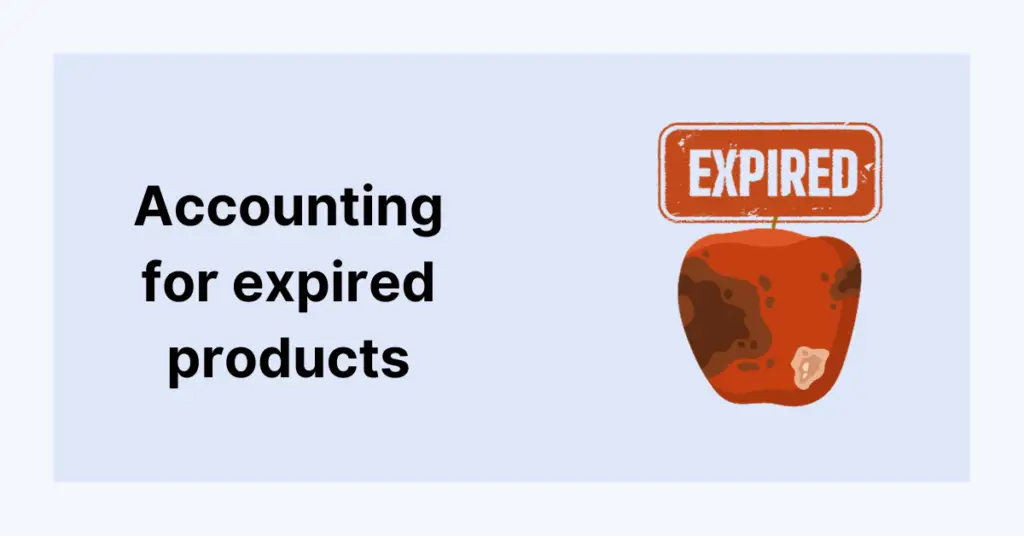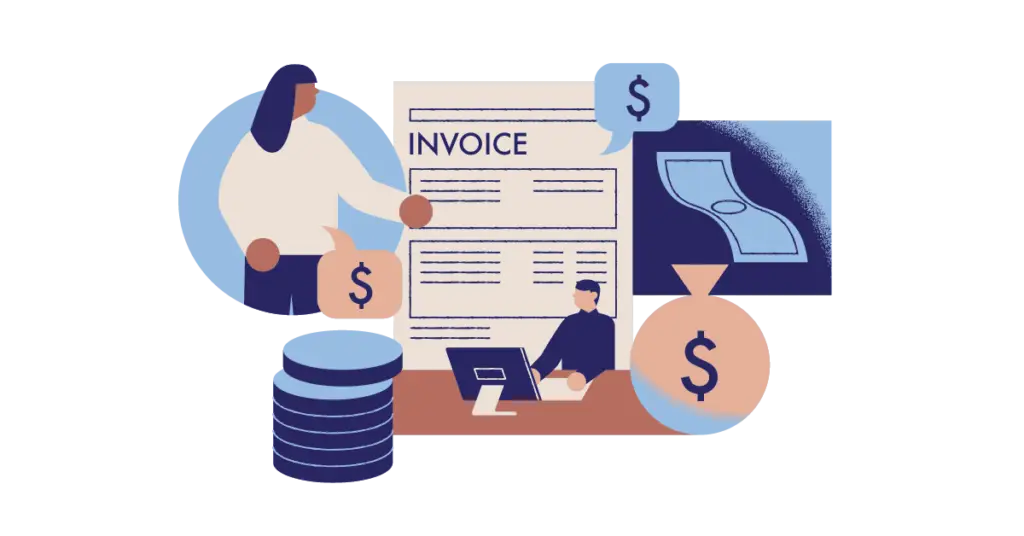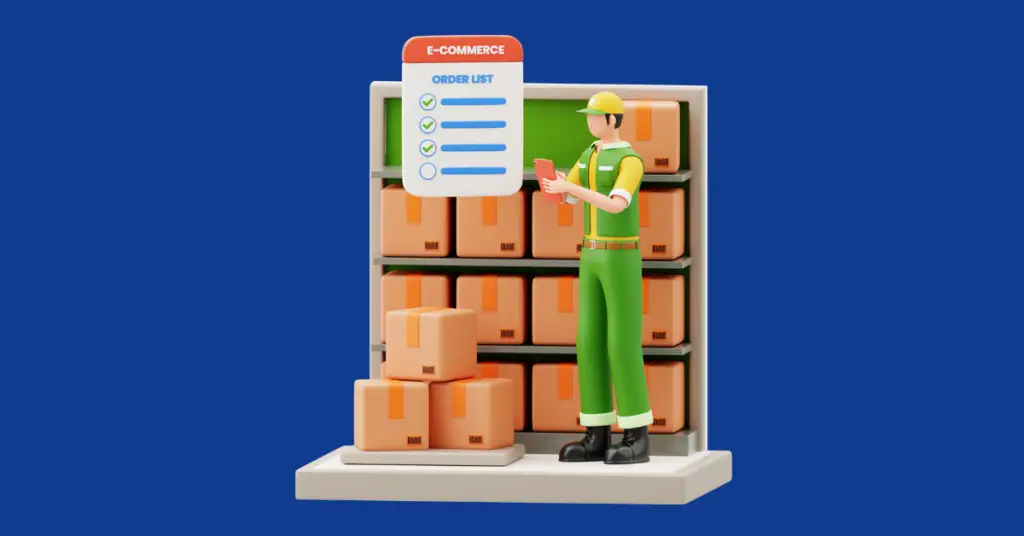Accounting for Expired Inventory: A Detailed Guide

In business, especially retail or manufacturing, it’s not uncommon for products to expire or become obsolete. Whether perishable goods like food and pharmaceuticals or tech products become outdated, having expired products in inventory is a predicament companies want to avoid but often must address. Accounting for expired products is an essential practice that ensures the […]
Proforma Invoice vs. Commercial Invoice: What’s the Difference?

Introduction Invoices play a pivotal role in documenting the exchange of goods and services. Two types of invoices that often create confusion are proforma invoices and commercial invoices. While both serve as vital financial documents, they serve different purposes and come into play at different transaction stages. This comprehensive guide will review proforma vs commercial […]
The Best Accounting Software for Engineers

Accounting in the engineering field can be a complex beast to tame. With a multitude of projects, various units of measurement, multiple warehouses, and detailed cost tracking, it’s clear that standard accounting software won’t be enough. Engineers need a robust, flexible solution that can handle all the intricacies of their operations. Enter Vencru – the […]
How to Control Inventory in a Warehouse

Effective warehouse inventory management is crucial for any business that stores and sells products. Efficient inventory control helps maintain stock levels, orders are processed promptly, and the warehouse operates smoothly. This blog will delve into essential strategies for controlling inventory in a warehouse, focusing on key aspects like warehouse management systems, differences between inventory and […]
What Is a Chart of Accounts and How Does It Work?

A chart of accounts (COA) is a complete and organized listing of every account in a company’s financial system. More importantly, it categorizes all financial transactions by their types, which makes it easier for businesses to track their financial activity and, consequently, create accurate financial statements. Additionally, each account in the chart is assigned a […]
How Much Cash Should a Business Keep on Hand?

For many newer small businesses, managing cash flow is often a balancing act. The primary concern is typically making sure there’s enough cash to cover bills and operating expenses. However, as a business grows, it’s common for cash reserves to build up over time. While this is a positive sign of success, it leads to […]
Cash Basis Accounting vs. Accrual Basis Accounting

When it comes to managing your business’s financial records, choosing the right accounting method is crucial. The two most commonly used methods are cash basis accounting and accrual basis accounting. Each has its own set of benefits, limitations, and implications for your financial reporting and decision-making process. In this blog, we’ll take a deep dive […]
A Beginner’s Guide to Bookkeeping

Bookkeeping is a critical function in the world of business, ensuring that all financial transactions are recorded accurately and promptly. Whether managed by professional bookkeepers, accountants, or small business owners, the process plays a vital role in organizing financial data. This article walks you through the basics of bookkeeping and how you can enhance the […]
Understanding the Expanded Accounting Equation Principle

In the realm of accounting, understanding the underlying principles is crucial for accurately recording financial transactions and maintaining a clear picture of a business’s financial health. One foundational concept is the accounting equation, which serves as the bedrock of financial accounting and reporting. This equation, in its basic and expanded forms, provides insights into how […]
